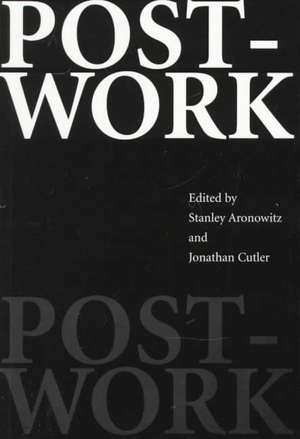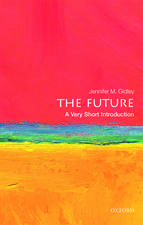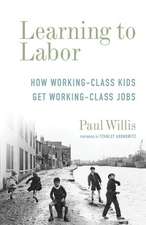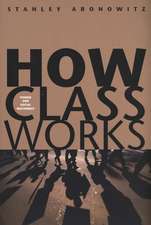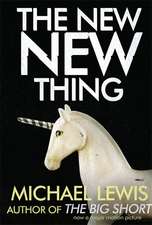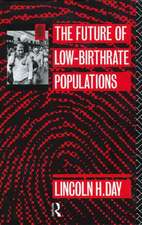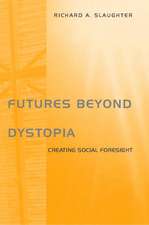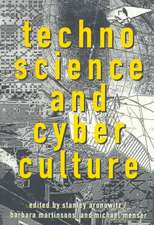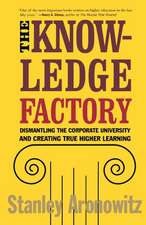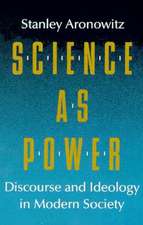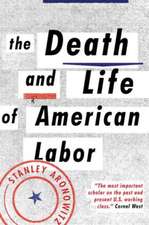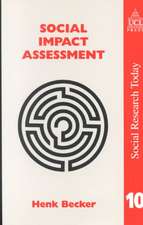Post-Work
Editat de Stanley Aronowitz, Jonathan Cutleren Limba Engleză Paperback – 6 noi 1997
Armed with an interdisciplinary approach, Post-Work looks beyond the rancorous debates around welfare politics and lays out the real sources of anxiety in the modern workplace. The result is an offering of hope for the future--an alternative path for a cybernation, where the possibility of less work for a better standard of living is possible.
Preț: 393.35 lei
Nou
Puncte Express: 590
Preț estimativ în valută:
75.29€ • 81.81$ • 63.29£
75.29€ • 81.81$ • 63.29£
Carte tipărită la comandă
Livrare economică 22 aprilie-06 mai
Preluare comenzi: 021 569.72.76
Specificații
ISBN-13: 9780415917834
ISBN-10: 0415917832
Pagini: 288
Dimensiuni: 152 x 229 x 16 mm
Greutate: 0.54 kg
Ediția:New.
Editura: Taylor & Francis
Colecția Routledge
Locul publicării:Oxford, United Kingdom
ISBN-10: 0415917832
Pagini: 288
Dimensiuni: 152 x 229 x 16 mm
Greutate: 0.54 kg
Ediția:New.
Editura: Taylor & Francis
Colecția Routledge
Locul publicării:Oxford, United Kingdom
Recenzii
"Where labor and critical analysis of economic trends circulate, this interdisciplinary collection of essays ... should find interested readers. ... A demanding book but full of useful insights." -- Booklist
Notă biografică
Stanley Aronowitz is Professor of Sociology and Director of the Center for Cultural Studies at the City University of New York. He is the co-editor of Technoscience and Cyberculture (Routledge, 1995), and author of Dead Artists, Live Theories and Other Cultural Problems (Routledge, 1993) and The Politics of Identity (Routledge, 1991), among many other books. Jonathan Cutler is a graduate student at CUNY and a member of the Cultural Studies Center Collective.
Cuprins
Introduction Quitting Time, Jonathan Cutler, Stanley Aronowitz; Chapter 1 The Post-Work Manifesto, Stanley Aronowitz, Dawn Esposito, William DiFazio, Margaret Yard; Chapter 2 Benefitting From Pragmatic Vision, Part I, Lynn Chancer; Chapter 3 A Justification of the Right to Welfare, Michael Lewis; Chapter 4 Why There Is No Movement of the Poor, William DiFazio; Chapter 5 From Chaplin to Dilbert, Joan Greenbaum; Chapter 6 Schooling to Work, Lois Weiner; Chapter 7 The Last Good Job in America, Stanley Aronowitz; Chapter 8 Unthinking Sex, Andrew Parker; Chapter 9 The Writer's Voice, Ellen Willis;
